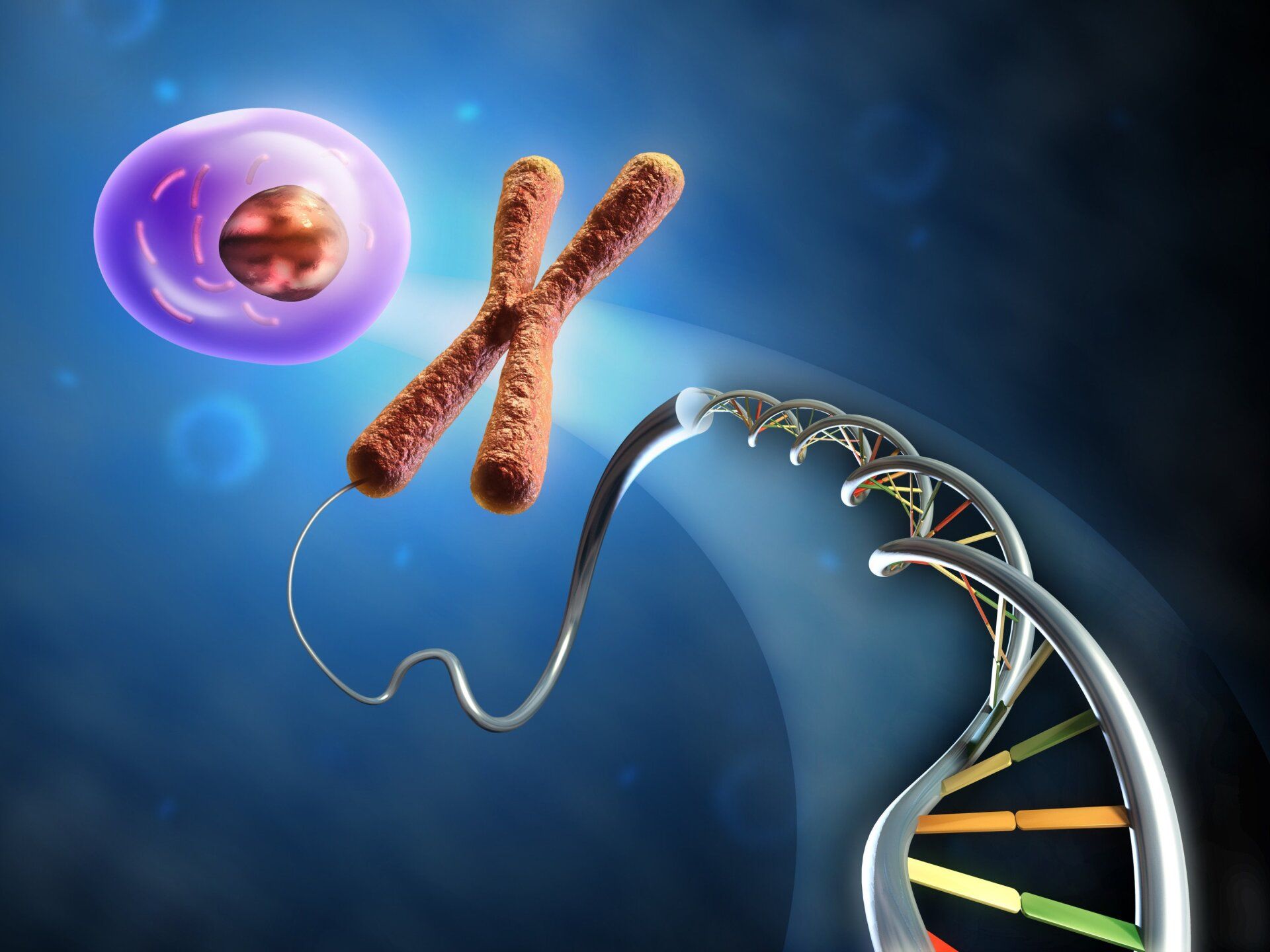#thewelcomemovement
#WelcomeMovement
DISTRIBUTISM
Eric Martindale • May 1, 2020
THERE CAN BE ECONOMIC JUSTICE WITHOUT SOCIALISM

May 1st is a holiday for the Socialists and Communists. There’s no better day than May Day to talk about an alternative to their theories.
I’ve begun to research an economic theory called “Distributism”. It’s in synch with most of the core theories on The Welcome Movement home page www.thewelcomemovement.org.
Distributism is an economic theory whose core value is the individual ownership of property (meaning both businesses and home ownership). Economic activity, wealth, and the allocation of government power is to be distributed as broadly as possible, decentralized among as many different individual participants as possible. Nobody is held back, and social mobility is maximized.
As many people as possible have a slice of the pie, as opposed to socialism in which nobody has a slice of the pie, and the entire pie is owned by big government. Distributist thinkers claim their theory is the polar opposite of socialism, because government is very small, and almost everyone is engaged in capitalism.
Distributists contend that laissez-faire capitalism is actually closer to Socialism, because a small percent of wealthy people owning and controlling everything is only a hair’s breadth away from the government controlling everything. In a society with a huge wealth disparity between the wealthy and the masses, huge numbers of people do not own homes or business, and are dependents on government.
Those are strong points, and hard to deny. We’ve seen in recent years the emerging power of people like Bill Gates and Marc Zuckerberg, and to some extent government is merging with them. I find that to be an alarming and dangerous concentration of power. It is an emerging threat to individual safety and autonomy. Add George Soros to that list.
Distributism is within the family of capitalist economic theories, but markedly different from laissez-faire capitalism in which half of the people are miserable and have nothing but debt and bills, and clamoring for class warfare politics and a Socialist revolution.
Laissez-faire is a French term that means “hands off”, meaning no government regulations on any aspect of economics. Laissez-faire principles hold that businesses, including utilities, credit cards, and landlords can charge whatever the market will bear, and if some people are stuck economically and rendered unable to move their families to a better neighborhood, that’s considered their own fault. The classic response is “Work harder, be more responsible, and don’t ask for any government aid because we don’t want to pay for it”.
I call that Social Darwinism. I’ve long considered that response to be non-Christian because social mobility is restricted. It’s also very elitist. Christian principles are about as far from Social Darwinism as one can get.
Most working-class people want to advance and improve their life situation, but they are held back by various predatory economic forces. In my case, it is a crushing child support obligation. Nobody is more oppressed, scoffed at, and unrepresented in America than the man with a child support obligation. I’ll save my full story for a future blog.
Distributists contend that deregulation encourages a very unequal distribution of wealth, and an unhealthy concentration of power. No better example exists than the horrendous interest rates that so many people pay on their credit cards, locking them into a lifetime of debt, and preventing them from becoming owners. My years of work on affordable housing and rent control dovetails with Distributism as well. We need less families renting, and more becoming owners.
Under Socialism everyone rents, because nobody owns businesses, housing, or land. Instead, it’s all owned by the government, and la-di-da, it’s free for everyone. I like the idea of everyone owning a slice of the pie, and not renting.
Those following Distributism object to the widening separation of church and State, the trend towards Atheism among artists and entertainers, and the increasing power of government agencies over civil liberties.
Here’s more on Distributism. https://en.wikipedia.org/wiki/Distributism
There is a third-party Christian movement in America that supports Distributism. This is the American Solidarity Party. https://en.wikipedia.org/wiki/American_Solidarity_Party
I registered onto their email list, but I have received no emails. Evidently, they are very small and dis-organized. Their chosen candidates for President and Vice-President in 2020 have never met. My initial review of their website shows that it needs a lot of work. Some issues and platforms are clearly “spliced in” to attract certain interest groups, and it’s been done in an incomplete way that shows the issues were spliced in. That’s a bit patronizing, and people can see through it. I make a far better case on my own home page for those same issues, and they are core to my thinking, not spliced in to serve anyone.
They are light years behind me in making a case that immigrants and minorities should be praised for their commitment to Faith and Family values, and to entrepreneurism, and brought into the conservative fold.
The American Solidarity Party is under-educated about the plight of those renting, and how lack of adequate attention to renter’s issues is pushing millions of tenants towards Socialism, class warfare thinking, and anti-Semitism. I could theoretically educate the Distributists on these matters, but I don’t have an audience with them.
Another likely issue with the American Solidarity Party is this is another group not concerned about the ability of a person to pay child support. But they want to make divorce more difficult. All that will accomplish is a rise in the murder and suicide rates. It doesn’t take a lot of pondering to realize that is not exactly a Christian alternative.
And most importantly, the basic problem with Third Parties is it’s hard to gain critical mass. I wouldn’t consider supporting a Third Party with less than 5% voter support. However, that is a threshold reached several times in recent decades.
The American Solidarity Party deserves to be watched, to see if it develops as a centrist Christian alternative to the two main political parties. To have a centrist Christian Party is some kind of political holy grail. It would unite people of all races and ethnicities in America, and force the big Parties to be more moderate. The ferocious partisanship of modern times would come to an end.
At the current time, I am far more interested in Distributism as an economic theory. There are other groups promoting it too. I will keep my readers up to date as I learn more about Distributism. For those wondering, the pelican is the symbol of Christian charity.
I’ve begun to research an economic theory called “Distributism”. It’s in synch with most of the core theories on The Welcome Movement home page www.thewelcomemovement.org.
Distributism is an economic theory whose core value is the individual ownership of property (meaning both businesses and home ownership). Economic activity, wealth, and the allocation of government power is to be distributed as broadly as possible, decentralized among as many different individual participants as possible. Nobody is held back, and social mobility is maximized.
As many people as possible have a slice of the pie, as opposed to socialism in which nobody has a slice of the pie, and the entire pie is owned by big government. Distributist thinkers claim their theory is the polar opposite of socialism, because government is very small, and almost everyone is engaged in capitalism.
Distributists contend that laissez-faire capitalism is actually closer to Socialism, because a small percent of wealthy people owning and controlling everything is only a hair’s breadth away from the government controlling everything. In a society with a huge wealth disparity between the wealthy and the masses, huge numbers of people do not own homes or business, and are dependents on government.
Those are strong points, and hard to deny. We’ve seen in recent years the emerging power of people like Bill Gates and Marc Zuckerberg, and to some extent government is merging with them. I find that to be an alarming and dangerous concentration of power. It is an emerging threat to individual safety and autonomy. Add George Soros to that list.
Distributism is within the family of capitalist economic theories, but markedly different from laissez-faire capitalism in which half of the people are miserable and have nothing but debt and bills, and clamoring for class warfare politics and a Socialist revolution.
Laissez-faire is a French term that means “hands off”, meaning no government regulations on any aspect of economics. Laissez-faire principles hold that businesses, including utilities, credit cards, and landlords can charge whatever the market will bear, and if some people are stuck economically and rendered unable to move their families to a better neighborhood, that’s considered their own fault. The classic response is “Work harder, be more responsible, and don’t ask for any government aid because we don’t want to pay for it”.
I call that Social Darwinism. I’ve long considered that response to be non-Christian because social mobility is restricted. It’s also very elitist. Christian principles are about as far from Social Darwinism as one can get.
Most working-class people want to advance and improve their life situation, but they are held back by various predatory economic forces. In my case, it is a crushing child support obligation. Nobody is more oppressed, scoffed at, and unrepresented in America than the man with a child support obligation. I’ll save my full story for a future blog.
Distributists contend that deregulation encourages a very unequal distribution of wealth, and an unhealthy concentration of power. No better example exists than the horrendous interest rates that so many people pay on their credit cards, locking them into a lifetime of debt, and preventing them from becoming owners. My years of work on affordable housing and rent control dovetails with Distributism as well. We need less families renting, and more becoming owners.
Under Socialism everyone rents, because nobody owns businesses, housing, or land. Instead, it’s all owned by the government, and la-di-da, it’s free for everyone. I like the idea of everyone owning a slice of the pie, and not renting.
Distributism supports capitalism, but not laissez faire capitalism. A few points from Distributist theory:
1. They are opposed to monopolies and cartels
2. They are strongly opposed to usury (excessive interest rates in the banking industry)
3. They encourage small business ownership for craftsman and other small proprietors, as well as creating larger businesses with cooperative ownership. In those cases, every worker is a part owner of the company, and capitalism is maximized.
4. They want political and economic power decentralized, and not so powerful over the common person. The traditional family unit should be the dominant element of society, not the State, and not giant businesses.
5. There is a Christian focus to this economic theory, and it emanates largely from both Catholic and Protestant Christian teachings. Every issue, especially economics, is viewed from the perspective of Christian teachings.
6. Less people will be compensated via traditional wage labor, because most people will either own businesses, or they will become part owners of a work cooperative. Wage labor is mostly for younger workers starting off.
7. A Guild system is preferable to labor unions, as the guild system is not based on class struggle. A labor union is inherently and by design based on class struggle, with the ultimate goal being civil strife leading to socialism, and then to communism. https://en.wikipedia.org/wiki/Guild
8. Banking reforms include financial cooperatives and credit unions
9. Support for Subsidiarity. That is a theory which holds that no larger unit (social, economic, or government), should perform a function that can be can be performed by a smaller unit. Most people will immediately think of government social services, but subsidiarity actually applies to the decentralization of everything. This allows the family to emerge as the primary element of society. Government, big business owners, and secret societies should not be so powerful.
The vast majority of adherents of Distributism are strongly Christian, and they are conservative on social matters, esp. with regard to the central concept that a family unit entails one male and one female, and any associated children or elderly being cared for. I’m not sure what their position is on civil unions for same sex couples, which I feel are necessary for practical reasons such as inheritance and the division of assets upon termination of the civil union. However, there should be no “equality” with marriage. Civil unions must at all times be considered a lesser contract to marriage, even from the perspective of secular government.
Those following Distributism object to the widening separation of church and State, the trend towards Atheism among artists and entertainers, and the increasing power of government agencies over civil liberties.
Here’s more on Distributism. https://en.wikipedia.org/wiki/Distributism
There is a third-party Christian movement in America that supports Distributism. This is the American Solidarity Party. https://en.wikipedia.org/wiki/American_Solidarity_Party
I registered onto their email list, but I have received no emails. Evidently, they are very small and dis-organized. Their chosen candidates for President and Vice-President in 2020 have never met. My initial review of their website shows that it needs a lot of work. Some issues and platforms are clearly “spliced in” to attract certain interest groups, and it’s been done in an incomplete way that shows the issues were spliced in. That’s a bit patronizing, and people can see through it. I make a far better case on my own home page for those same issues, and they are core to my thinking, not spliced in to serve anyone.
They are light years behind me in making a case that immigrants and minorities should be praised for their commitment to Faith and Family values, and to entrepreneurism, and brought into the conservative fold.
The American Solidarity Party is under-educated about the plight of those renting, and how lack of adequate attention to renter’s issues is pushing millions of tenants towards Socialism, class warfare thinking, and anti-Semitism. I could theoretically educate the Distributists on these matters, but I don’t have an audience with them.
Another likely issue with the American Solidarity Party is this is another group not concerned about the ability of a person to pay child support. But they want to make divorce more difficult. All that will accomplish is a rise in the murder and suicide rates. It doesn’t take a lot of pondering to realize that is not exactly a Christian alternative.
And most importantly, the basic problem with Third Parties is it’s hard to gain critical mass. I wouldn’t consider supporting a Third Party with less than 5% voter support. However, that is a threshold reached several times in recent decades.
The American Solidarity Party deserves to be watched, to see if it develops as a centrist Christian alternative to the two main political parties. To have a centrist Christian Party is some kind of political holy grail. It would unite people of all races and ethnicities in America, and force the big Parties to be more moderate. The ferocious partisanship of modern times would come to an end.
At the current time, I am far more interested in Distributism as an economic theory. There are other groups promoting it too. I will keep my readers up to date as I learn more about Distributism. For those wondering, the pelican is the symbol of Christian charity.
For more information, and to review all of our blog postings, see www.thewelcomemovement.com
Follow us on Facebook by joining The Welcome Movement at https://www.facebook.com/groups/2110578839017576
Follow The WelcomeMovement on FB
Share
Tweet
Share
Mail

By Ahmed Odeh Guest Contributor
•
September 24, 2024
We are upset that Donald Trump is positioning himself as the great defender of Israel. Trump has done nothing to try to win the Muslim vote, even though most Muslims are social conservatives. Meanwhile, the political support that many Muslims feel for the Democrats is unsustainable, as the core positions of the Left are hostile to our beliefs. Both problems are much more than frustrating. Muslims who are social conservatives must take a stand to state their beliefs. Those who agree with the following 25 conservative points are asked to click on the link below, print it, sign your name to this Declaration, and mail it to the Trump Campaign. Trump needs to be deluged with thousands of these. Each will be opened, because they think it’s a campaign donation. Trump and the Republican establishment need to hear it loud and clear that Muslims are the real conservatives, and that Jews are the Leftist and atheist enemy of the whole world.









